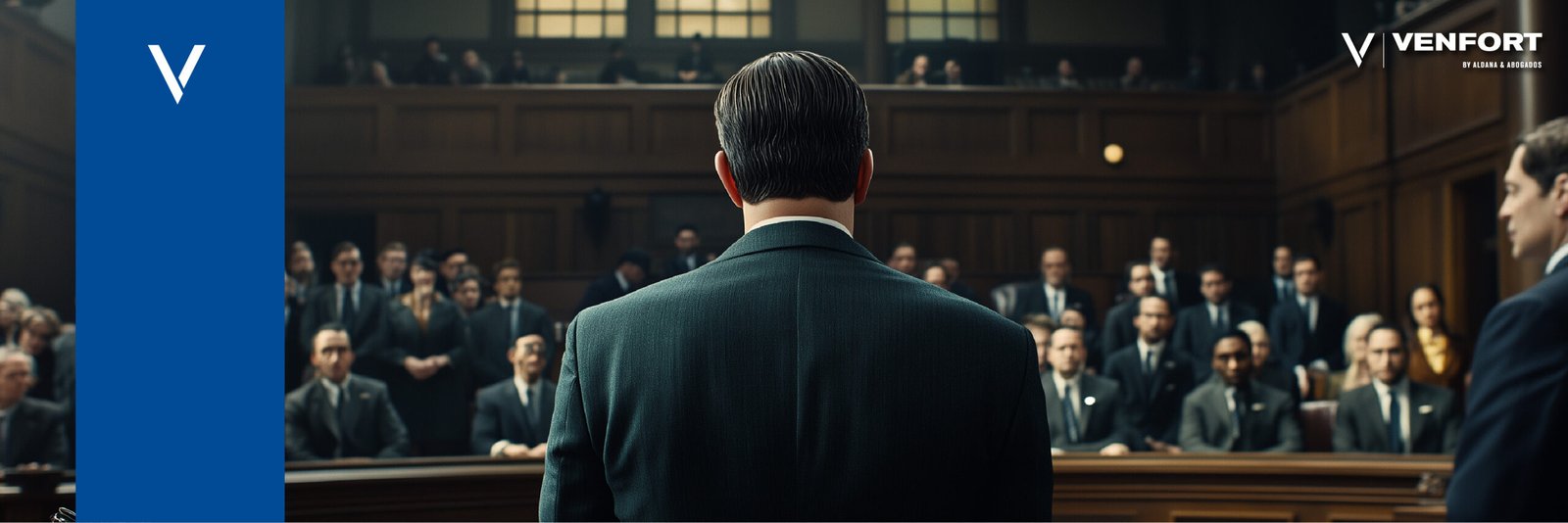The recent arrest and transfer of former Philippine President Rodrigo Duterte to the International Criminal Court (ICC) has captured the world's attention. Charged with crimes against humanity for his controversial "war on drugs".Duterte faces a complex and high-profile judicial process. In this scenario, his defense has alleged that he was illegally removed from the Philippines without following established judicial procedures, which could have a significant impact on the development of the case. Such allegations highlight the importance of a strong and strategic legal defense in ICC proceedings, especially for leaders and officials accused of serious crimes.
Next Steps in Duterte's Defense until September Preliminary Hearing
The preliminary hearing has been set for September 23, 2025according to the official schedule of the International Criminal Court. During this hearing it will be determined whether the evidence presented by the Prosecutor's Office is sufficient to bring the case to trial.
Looking ahead to that date, Duterte's advocacy team must focus on several key areas:
- Challenging ICC Jurisdiction:
Despite the Philippines' withdrawal from the Rome Statute in 2019, the ICC retains jurisdiction over crimes committed while the country was a member. However, the defense may argue that the ICC lacks jurisdiction since the Philippines is no longer a State Party. This approach is based on Article 127 of the Rome Statute, which provides that withdrawal does not affect obligations acquired while the state was a member. - Admissibility of the case:
The defense may argue that the Philippine judicial system is able and willing to investigate and prosecute the crimes in question, according to the principle of complementarity set forth in Article 17 of the Rome Statute. This would require demonstrating that the national authorities are already conducting genuine investigations into the alleged facts. - Protection of Defendant's Rights:
At the initial hearing held on March 14, 2025Duterte's defense alleged that his arrest and transfer from the Philippines was irregular and illegal. His lawyer, Salvador Medialdea, denounced that Duterte was transferred to the ICC by means of a "kidnapping pure and simple"without respecting his right to recourse to Philippine justice. The defense has the right to challenge the legality of his arrest and surrender before the ICC. The Rules of Procedure and Evidence allow the defense to raise objections to the procedure followed in the preliminary stages. If the illegality of his transfer is confirmed, the defense could argue that the proceedings should be annulled or suspended. In addition, the ICC must ensure that Duterte's fundamental rights are respected during the proceedings, including the right to a fair trial, the presumption of innocence and an adequate defense, in accordance with Articles 55 and 67 of the Rome Statute. - Evidence Review:
Thoroughly analyze the evidence presented by the prosecution to identify inconsistencies, weaknesses or procedural violations that can be challenged. This is crucial to prepare an effective defense strategy.
The Withdrawal of the Philippines from the Rome Statute and its Impact on the Process
Although the Philippines made its withdrawal from the ICC official in March 2019, this action does not prevent the Court from investigating and prosecuting crimes committed while the country was a member. The Article 127(2) of the Rome Statute provides that withdrawal does not relieve the State from obligations undertaken during its membership, including cooperation with investigations and proceedings initiated prior to the effective date of withdrawal. Therefore, the ICC retains jurisdiction over acts allegedly committed by Duterte between 2011 and 2019, the period during which the Philippines was a State Party.
Legal Consequences of an Irregular Transfer before the ICC
If it is confirmed that Duterte was illegally transferred to the ICC, there are several possible scenarios:
- The defense may argue abuse of processrequesting the annulment or suspension of the case if it is proven that the extraction was irregular and compromised the right to a fair trial.
- The ICC could continue with the process if it determines that the irregularities do not affect the validity of the jurisdiction or compromise the fairness of the trial.
- In case he is found guilty, Duterte could file a claim of compensation for unlawful detentionThe Court's decision is in accordance with Article 85 of the Rome Statute.
Our ICC Defense Experience
At VENFORT LAWYERSWe have a team of lawyers accredited before the International Criminal Court with extensive experience in the defense of individuals accused of international crimes. Our track record includes representing clients in complex and high-profile cases, where we have developed personalized and effective strategies for each situation.
Are you in a similar situation?
If you are facing investigations or allegations by the ICC or other international tribunals, it is crucial to act proactively. We offer expert legal advice and high-level representation to ensure that your rights are protected and your interests are defended.
Contact us for a Confidential Consultation
At VENFORT LAWYERSWe are committed to providing exceptional legal defense in the field of international criminal law. If you require assistance or would like more information on how we can help you in ICC-related cases, please do not hesitate to contact us.













